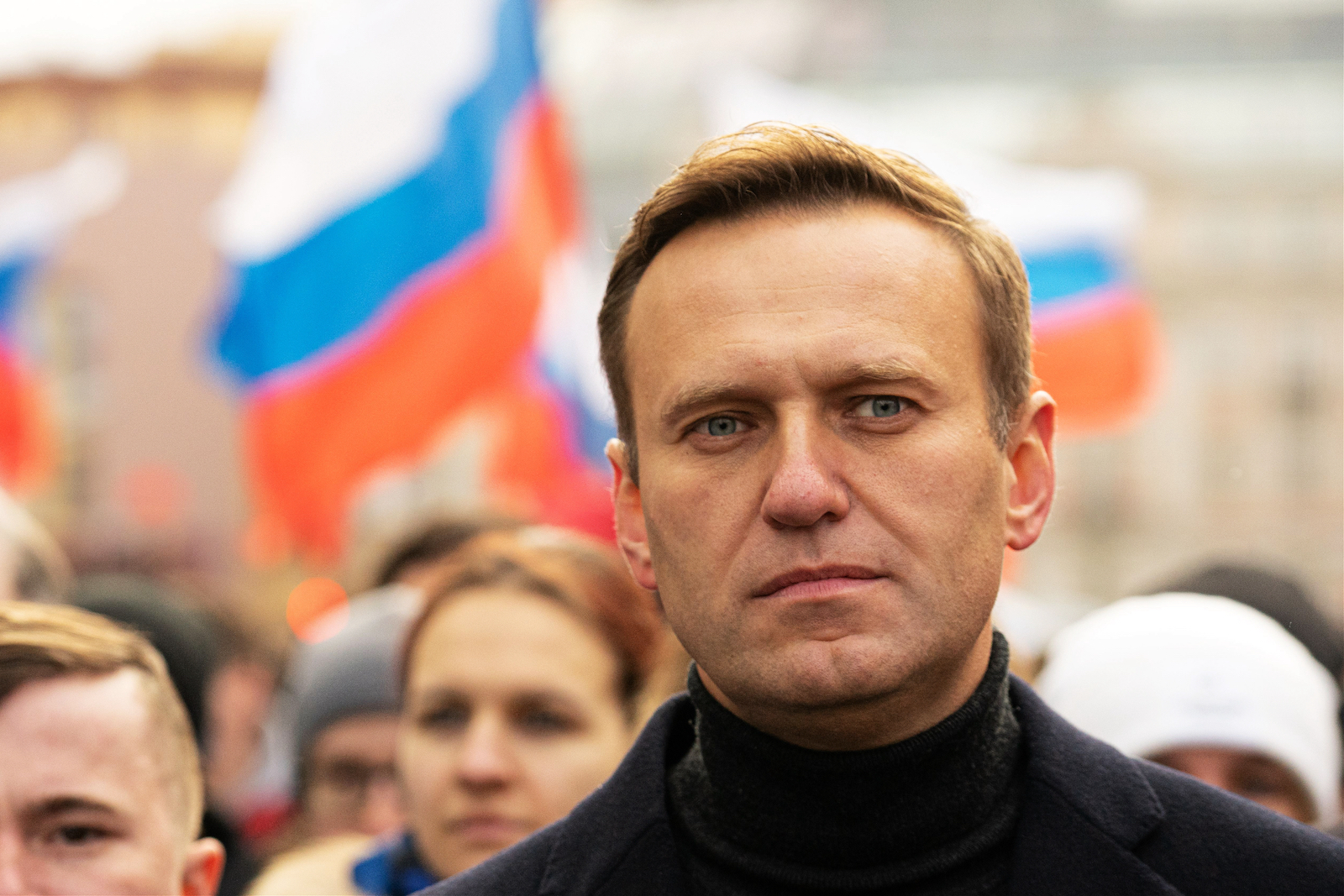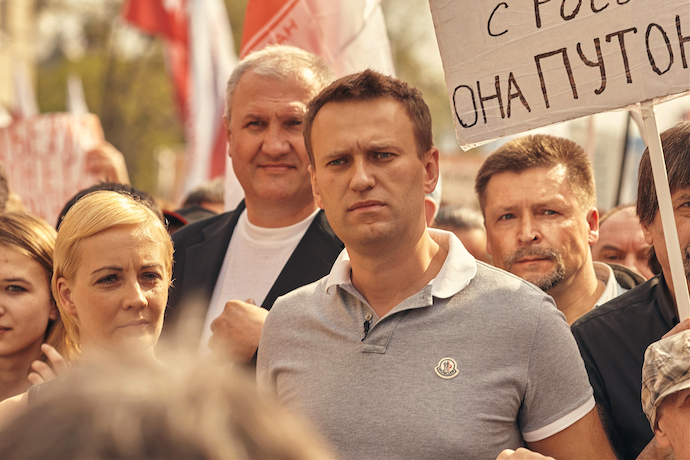
How Navalny’s Death Presents a Global Moment for Action
The morning of February 16 was darker in the democratic world. The prominent Russian opposition leader Alexei Navalny died at the Arctic prison where he was serving a two-decade prison sentence. While the cause of his death remains unclear pending an independent autopsy, Navalny’s wife Yulia, Russian observers, and much of the free world are certain – the dissident was murdered.
Unfortunately, the Russian opposition leader’s death is not a new development – it stands in a long line of imprisonment, killing, and banishing of Russian opposition figures. Yet, with his death presenting a loss of the last beacon of hope for democratic Russians, it is up to the Western world to revive it and use the Kremlin’s critics’ death as a global call for action against the Russian dictatorship.

Time for liberal democracy to show its strength
Since Russia started waging a genocidal war against Ukraine almost two years ago, support from the West has remained limited. While at the start of the war, Western governments froze around $300 billion of Russian assets, no further action regarding the funds was taken. The inability of the U.S. to take more decisive action has been seen by many as America’s retreat from global leadership that “emboldened despots like Russian President Vladimir Putin.”
Hence, with the death of Navalny serving as the latest sign of the Kremlin’s audacity, and with Ukraine struggling on the battlefield, the moment has come for Washington and Brussels to show the world that the West is not afraid of Putin and can hurt him where it hurts the most—his war chest. Seizing Russian assets and transferring them to Kyiv is the West’s moral and ethical responsibility to demonstrate that political opponents cannot be silenced without suffering the consequences.
Denying Ukraine access to Russian assets would present a morally bankrupt path as it would grant Russia the benefit of retaining them. Additionally, it would stand as a policy of appeasement—sending a dangerous signal that the U.S. and its allies lack the moral will to stop Putin from murdering civilians and breaching all the basic rules of international law. The West has to use this economic tool because other options are limited. The situation in Ukraine is an illegal war without impunity. The Russian people cannot simply vote out their tyrannical leader, while International Criminal Court arrest warrants have not reached their intended target.
How seizing Russian funds can help Ukraine win
Even more importantly, seizing Russian assets can help Ukraine to prevail in the war. In addition to the military and political support from the West, the seizure of Russian funds would create domestic economic pressure in Moscow, which could cause the breaking point in the conflict.
Moreover, as furthered by David Cameron, the UK’s foreign secretary, Russia should be paying reparations for the illegal invasion of Ukraine “Instead of just freezing that money, let’s take that money, spend it on rebuilding Ukraine and that is, if you like, a downpayment on reparations that Russia will one day have to pay for the illegal invasion that they’ve undertaken,” Mr. Cameron said recently. “I’ve looked at all the arguments and so far, I haven’t seen anything that convinces me this is a bad idea.”
The current estimated costs of rebuilding Ukraine stand at $400 billion. Therefore, Washington and Brussels must seize all the $300 billion, rather than following the EU’s suggestion of only using the profits from the frozen Russian assets to finance Ukraine’s reconstruction.
Legally and morally justified
While some EU officials and critical member states question the legality of such seizure and the possible impact on the euro currency, such concerns are rather unconvincing. Researchers around the world have been quick to show the correctness of such cases under international law.
The seizure of Russian assets represents a measured response to the flagrant breach of international law by Russia. Such an action stands as a deterrent to future transgressions by any state contemplating the disregard of established international norms. The absence of punitive measures would inadvertently establish a hazardous precedent, tacitly condoning war crimes and undermining the very fabric of international justice.
Even under instruments like the 2012 Magnitsky Act, current personal economic sanctions have proven insufficient. A more robust response is warranted. Moreover, to withhold crucial financial support from Ukraine under the pretense of respecting Russian sovereignty and property rights would not only be cruel but also hypocritical. It would ignore the stark reality that Russia has unabashedly trampled upon the sovereignty and property rights of the Ukrainian nation and its people.
Finally, it is important to emphasize that the case is not unprecedented. In 1992, the U.S. and the EU member states used Iraqi state assets to compensate Saddam Hussein’s victims from Kuwait and other states without his regime’s consent.
Hence, seizing and transferring Russian assets to Ukraine would not set a dangerous precedent as some fear. On the contrary, it is Russia’s war in Ukraine that created an enormous disruption in the international order, and that requires an equally vast response from the West for the order to be restored. There is no other way to fight Russia’s tyrannical dictatorship apart from aiding Ukraine. And the West has the right resources—the frozen Russian assets—to do so.

